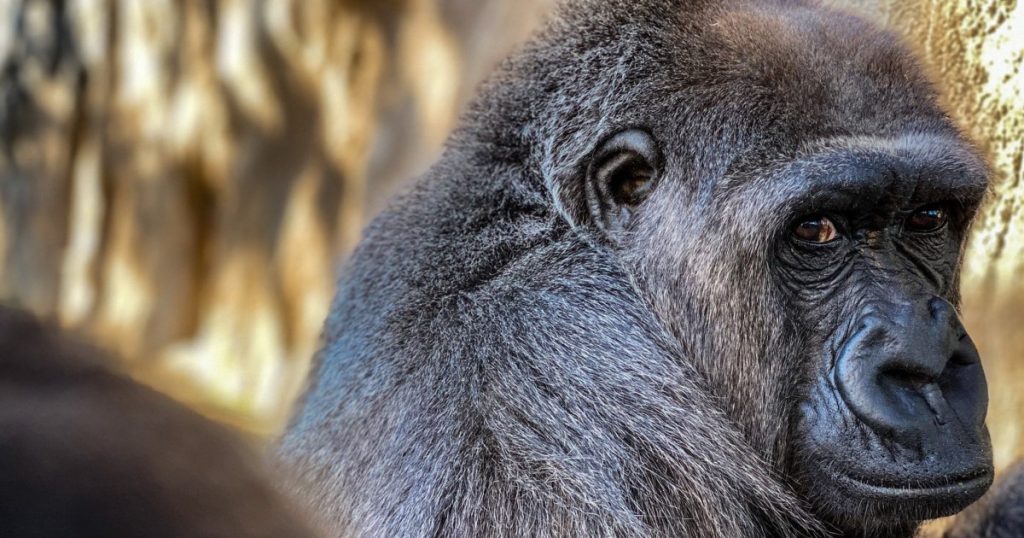Three apes at the Jacksonville Zoo and Gardens recently died from a shigella infection. Bulera, a 35-year-old female western lowland gorilla, passed away unexpectedly from the bacteria that causes shigellosis. The infection, which can cause symptoms such as diarrhea, vomiting, cramps, and dehydration, is typically spread through contact with feces, food, or water. While the exact source of Bulera’s infection is unknown, it could have possibly come from an asymptomatic ape or a staff member, although the latter is deemed unlikely. Shigella can be more severe in apes due to their potential difficulty in fighting off the infection.
Other apes in the zoo were also experiencing symptoms of shigella and were at various stages of treatment and recovery. Despite efforts to care for the sick apes and prevent further spread through the use of personal protective equipment and regular sanitation, two more apes, brother bonobo monkeys named Jumanji and Jenga, succumbed to the infection. Both Jumanji and Jenga had pre-existing heart conditions which made them more vulnerable to the effects of shigella. The zoo staff is working tirelessly to help the remaining sick apes recover from the infection, monitoring their progress closely as shigella can have periods of improvement followed by relapses.
The Jacksonville Zoo and Gardens expressed their sadness at losing three primates in a week and acknowledged the difficulty of the situation. Despite the challenges, the zoo’s animal health and care teams have made significant progress in treating and caring for the remaining sick apes. The team’s hard work and resilience have been instrumental in seeing improvements in the apes’ health. As they continue to closely monitor the situation, the zoo is being vigilant in preventing further spread of shigella among the apes and ensuring that those currently undergoing treatment receive the best possible care.
The zoo emphasized the contagious nature of shigella and the importance of adhering to strict protocols to prevent its spread. While the exact source of the infection remains unclear, the zoo’s efforts to maintain cleanliness and implement preventive measures are crucial in protecting the remaining primates. As shigella can be particularly severe in apes, their vulnerability to the infection underscores the need for continued vigilance and monitoring to ensure their well-being. The zoo’s commitment to the health and welfare of their animals is evident in their ongoing efforts to care for the sick apes and prevent further outbreaks among the primate population.
The deaths of Bulera, Jumanji, and Jenga have been a devastating loss for the Jacksonville Zoo and Gardens, impacting both staff and visitors who have a strong connection with the animals. The zoo’s dedication to providing the best possible care for their animals is evident in their response to the crisis, with teams working tirelessly to treat and support the sick apes. The challenges posed by shigella highlight the importance of maintaining strict hygiene practices and protocols to safeguard the health of the animals. The zoo’s ongoing efforts to monitor and care for the remaining sick apes demonstrate their commitment to providing the highest standard of care and ensuring the well-being of all the animals under their protection.


